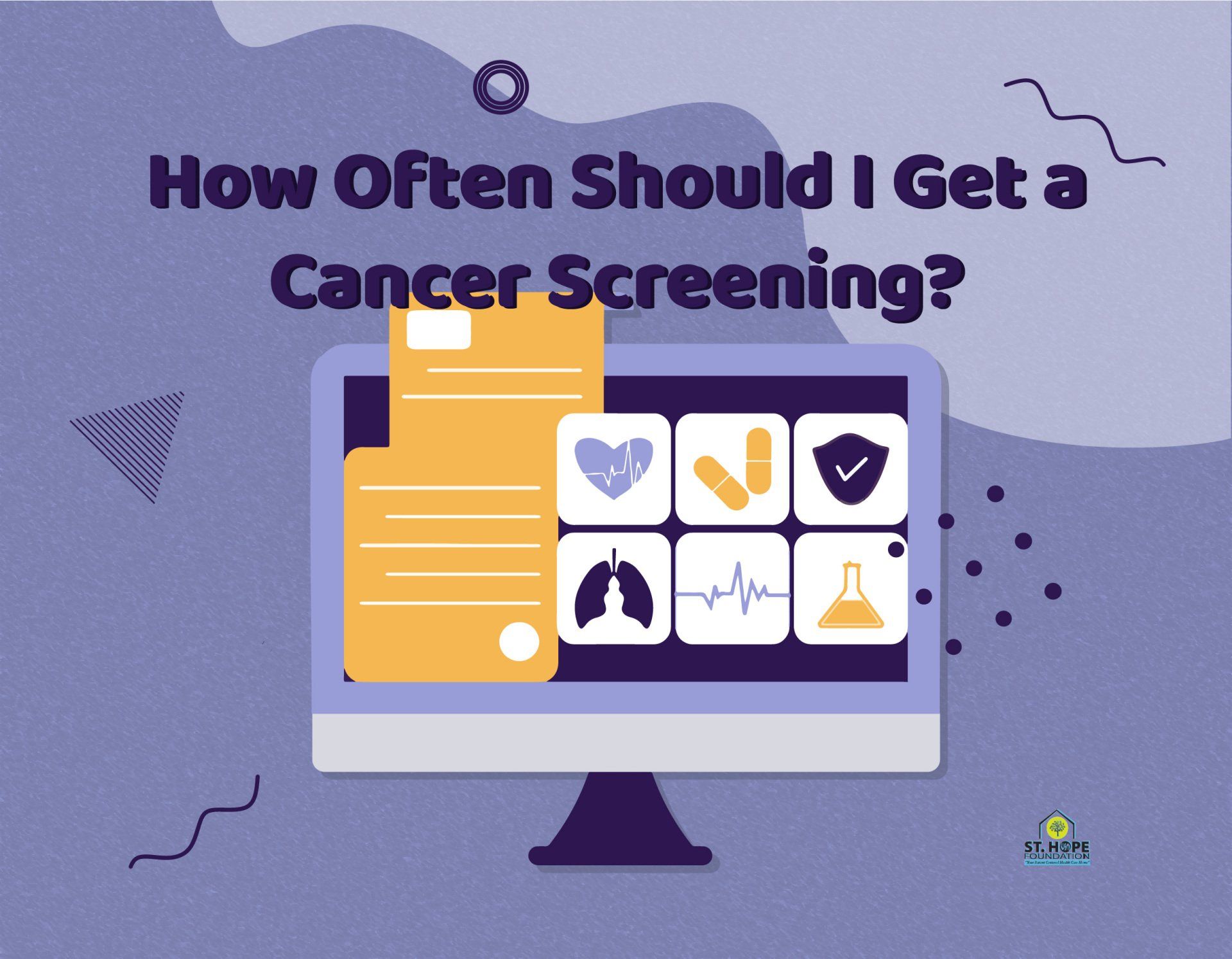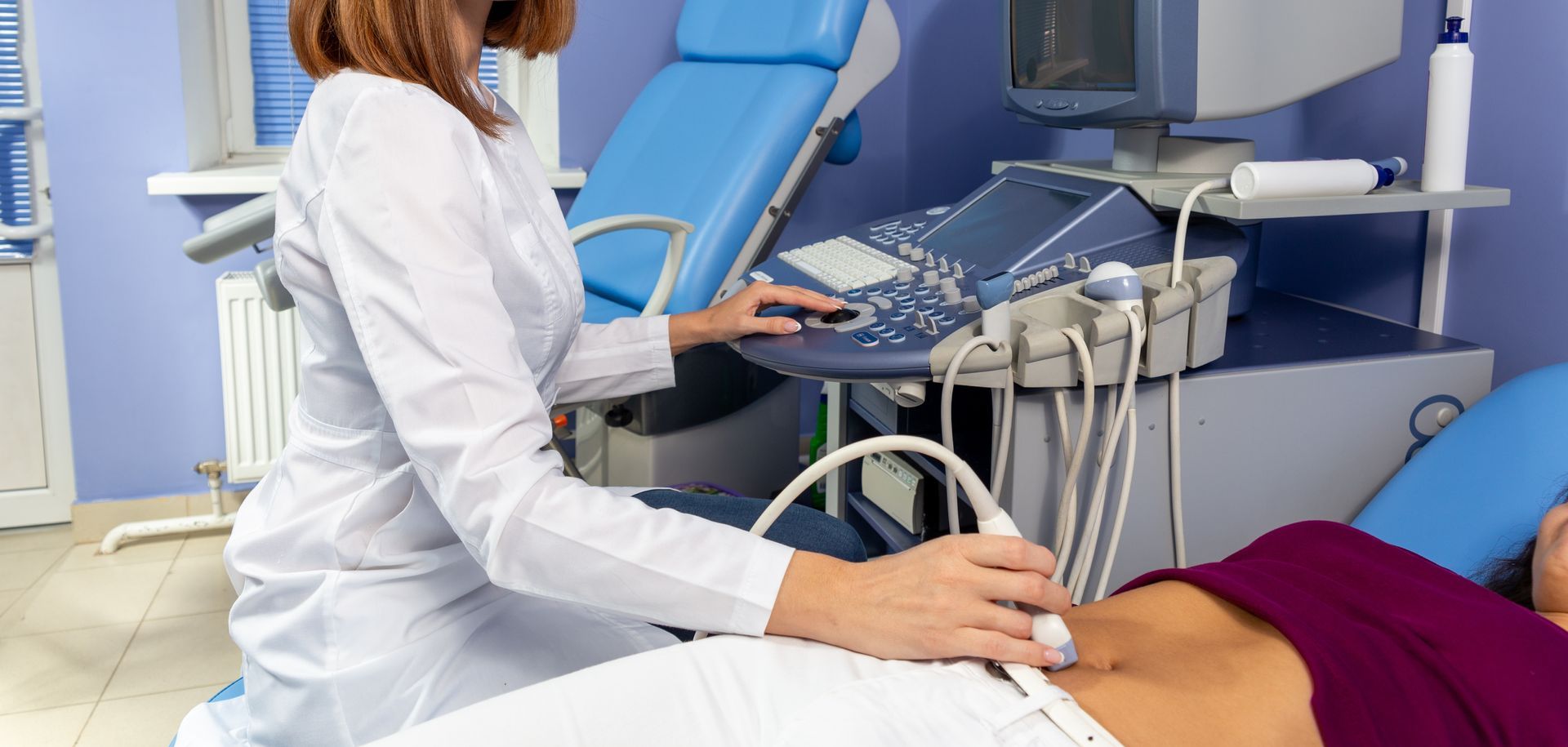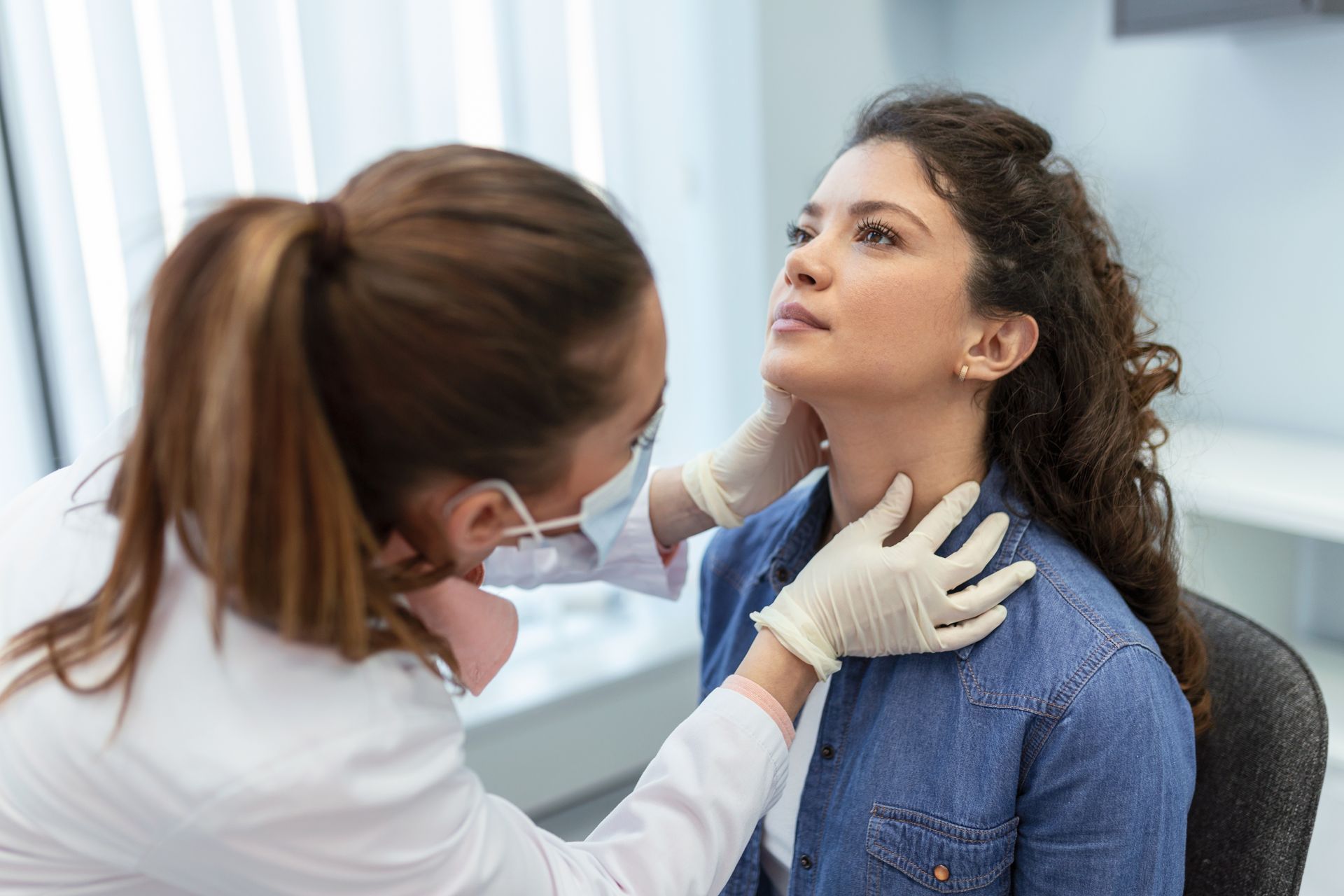Recent Posts
How Often Should I Get a Cancer Screening?

The frequency with which you undergo cancer screenings should vary based on your risk factors, especially your genetic predisposition and age. Women at high risk for breast cancer should strongly consider undergoing annual mammograms between the ages of 25 and 40, with a clinical breast exam every six to 12 months. Men over the age of 40 with a high risk for prostate cancer may want to be screened at least once every two years, or even yearly.
You should talk with your primary care doctor about your risk factors. It may also be in your best interest to undergo genetic testing to ascertain your risk level. Your doctor’s recommendations may be based in large part on your family history and the results of your test.
What Are Some Different Types of Cancer?
Breast Cancer
Doctors generally recommend breast cancer screening if the patient has a history of breast cancer in their family. Breast cancer survivors may also be prescribed regular mammograms to detect changes in their breasts.
What Are the Symptoms of Breast Cancer?
Breast cancer survival rates are significantly higher with early detection. Mammograms are the usual tests to screen for breast cancer, but patients may be able to find breast cancer sooner if they perform regular breast self-exams. Women should be on the lookout for:
- Abnormal lumps on the breast
- Changes in breast shape or size
- Breast skin that peels or flakes
- Discoloration of breasts
Breast Cancer Screening
Doctors typically advise women in their forties and fifties to receive a mammogram every one or two years. Doctors may recommend more frequent breast cancer screenings after a woman is in remission. If there is a history of breast cancer in your family, it might be worthwhile to talk with your doctor about setting up routine mammograms in your twenties or thirties.
Skin Cancer
While other types of skin cancer may not be as risky as melanoma, there is no such thing as a good kind of skin cancer. Men and women of all ages can get skin cancer if they do not take adequate precautions like wearing sunscreen and covering their skin when outside. Skin damage is cumulative, meaning no amount of caution later in life will undo skin damage sustained in your youth. Even with the necessary precautions, one could still get skin cancer, so screenings are important.
Be on the lookout for new moles, abnormally shaped or colored moles or any sudden skin changes. Don’t hesitate to see a doctor if you have concerns.
Types of Skin Cancer
Basal Cell Carcinoma
Basal cell carcinomas often develop on the head/face and the neck. Some patients don’t notice the appearance of these blemishes or assume they’re not serious. Don’t overlook or ignore any of the following skin irritations if they appear:
- Shiny pearl-like bumps
- Faded, rough marks on the skin
- Red, itchy marks
- Blemishes that either do not fade or briefly heal and later return
Squamous Cell Carcinoma
Squamous cell carcinoma is common on the hands, face, lips, neck and ears. Be on the lookout for:
- Bumpy, red skin
- Bumps that form on the skin
- Marks that do not get better or marks that return over time
Melanoma
The cells that give your skin its color can be damaged and even mutate when exposed to excessive amounts of ultraviolet light. Melanoma is the most dangerous kind of skin cancer because it can spread rapidly to other organs. See a dermatologist or your primary care doctor immediately if you exhibit any of the following warning signs:
- New skin growths or changes to existing marks/moles
- Changes in skin pigment
- Oddly shaped or multi-colored moles
How Often Should I Get a Skin Cancer Screening?
If you have fair skin, frequently become sunburned or have a family or personal history of skin cancer, you may benefit from regular skin cancer screenings. If not, personal vigilance and annual screenings during your primary care wellness visits will probably suffice.
Schedule Your Cancer Screening at St. Hope Foundation
At St. Hope Foundation, we are dedicated to patient-centered care. If you live in the Houston area and believe you are exhibiting potential cancer symptoms, contact us at 713-778-1300 to schedule a screening.









